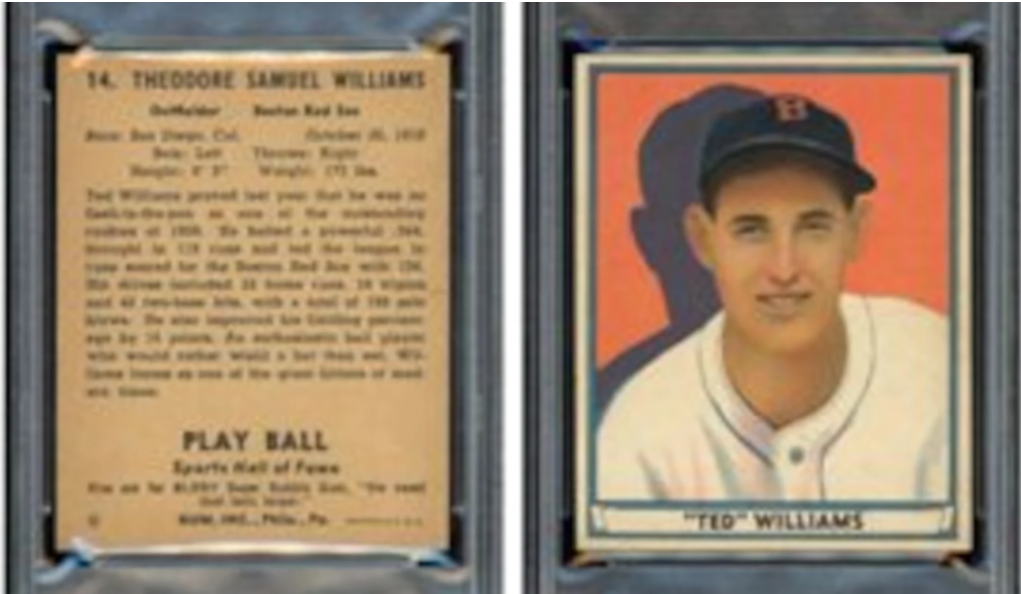
Best Western Faces Lawsuit in $2M Sports Card Heist
Long since the days of mere childhood whimsy, the market for sports cards has grown into a high-stakes game, with millions on the line and collectors fervently clutching their precious cargo. But as this world of collectibles spins ever faster, a new nemesis emerges, the specter of theft, prompted chilling alarms within the hobby. Step into the spotlight, a tale fit for a crime novel: the infamous “Best Western Heist,” a drama filled with intrigue, loss, and a legal battle.
Memory Lane Inc., a bastion for sports memorabilia and the treasure trove for collectors, is now wielding its lance of justice against Best Western. Their grievance? A monumental $2 million blunder—a package of 54 rare gems, known to card enthusiasts as “vintage baseball cards,” vanished into thin air at none other than the Best Western Plus in Strongsville, Ohio. The time? 2024. The moment? When FedEx confirmed the delivery, yet the package mysteriously disappeared before eager eyes could behold it.
At the heart of this tale were two prized possessions—a 1909 Ramly Walter Johnson and a 1941 Ted Williams, their combined worth brushing the skies at nearly $90,000. Mere paper to the onlooker, but to collectors, these were gilded artifacts singing songs of baseball legends.
Hope took a bitter turn when investigators uncovered an inside job. Enter one Jacob Paxton, hotel staff by day, pilferer by night. His act of cleptomania involved an accomplice, Jason Bowling, a name now notorious among the legal chapters. Though justice was metered—Paxton tucking away his impulses in a prison for four to six years, and Bowling under the watchful eye of community supervision—Memory Lane’s mourning wasn’t solely for financial loss. In this collecting industry, where trust is as valuable as the cards, a fracture in reputation strikes a deeper wound.
With time—a year overlapping into 2025—the plot thickened. Memory Lane, stalwart and undeterred, escalated their grievance into a civil lawsuit. It wasn’t just the fingers pointing at one Ohio locale but at Best Western International writ large, accusing them of negligence and missteps. Employing individuals unfit for safeguarding one’s treasures—was this the new roll of the dice for collectors?
But the Best Western quandary is but a piece of the greater puzzle. The National Sports Collectors Convention, a carnival of collectors, has wrestled with its own thieves’ gallery. The show floors, laden with treasures, have seen classics like a 1951 Bowman Mickey Mantle rookie seized despite millions spent on security.
These aren’t isolated tales; they’re the reflecting pools of a broader trend—sports cards surging in value and peril in tandem. Collectors, their minds astir with both dreams and worries, seek solace behind locked cases, all-seeing cameras, and insurance toasting their livelihoods. The question reverberates: how secure are these collectibles when even the heavens of hospitality prove unreliable?
The Best Western case could mold new standards, birthing expectations for hoteliers who cradle high-value goods within their walls. When theft plays out like an open field, chains bear the burden of safeguarding like a Renaissance museum securing its art. Meanwhile, collectors and dealers must remain vigilant, knowing their luxurious cardboards demand the same security scriptures as precious metals.
Thus, the hobby looks onward, eyes peeled and ears pricked, knowing this drama sets a stage for many subsequent acts. Stealing not just collectibles, but peace of mind and trust, turns a hobby into a high-pressure heist movie. The narrative may yet produce a silver lining—equipping the collectors of olden stories on flat paper with the defense akin to modern-day sentinels. And so, just as the courtroom lights flicker on and off, each player awaits the verdict—will the scales of justice tip in favor of the past kept safe?